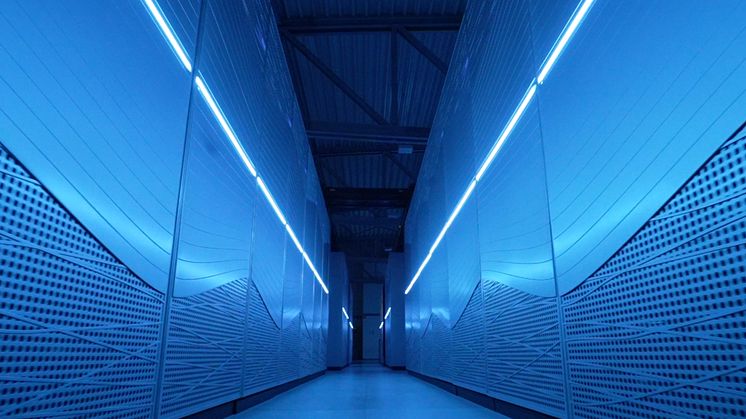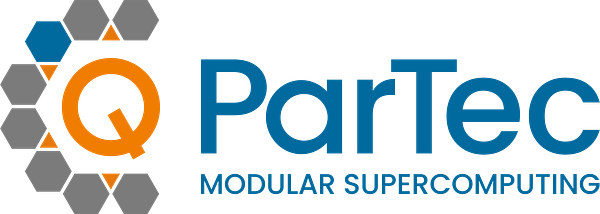
News -
IDC study on the growing market for quantum computing
The International Data Corporation (IDC), one of the leading the tech media, data and marketing services companies, projects that customer spend for quantum computing will grow from $1.1 billion in 2022 to $7.6 billion in 2027, with a five-year (2023-2027) CAGR of 48.1%. Quantum computing is expected to revolutionize organizations' ability to solve some of the most complex problems, specifically those that simulate natural processes, complex algebraic and factorization problems, and some optimization problems.
IDC predicts the quantum computing market will continue to experience a slowed growth until a major quantum hardware development that leads to a quantum advantage is announced.
As with any new technology, billions of dollars are being allocated to the research and development (R&D) of a fault-tolerant universal quantum computing system. IDC estimates that investments in the quantum computing market will grow at a 2022-2027 CAGR of 11.5% and reach a considerable $16,356.7 million annually by the end of 2027. Investment sources include public and private institutions, internal allocation (R&D spend) from technology and services vendors, and external funding from venture capitalists and private equity firms. Of particular note is the recent increase in government investments globally. Countries/regions currently investing in quantum computing include Australia, Canada, China, European Union, France, Germany, India, Israel, Japan, the Netherlands, Singapore, South Korea, the United Kingdom, and the United States. As a result of these investments, the quantum era is approaching faster than some might expect. Advancements in the development of quantum computing hardware and software, as well as new error mitigation and suppression techniques, are continuously being announced. These advancements provide speculation that achieving a near-term quantum advantage may soon be possible using today's noisy intermediate-scale quantum (NISQ) systems.
Source: IDC Worldwide Quantum Computing Forecast, 2023–2027: Surfing the Next Wave of Quantum Innovation


